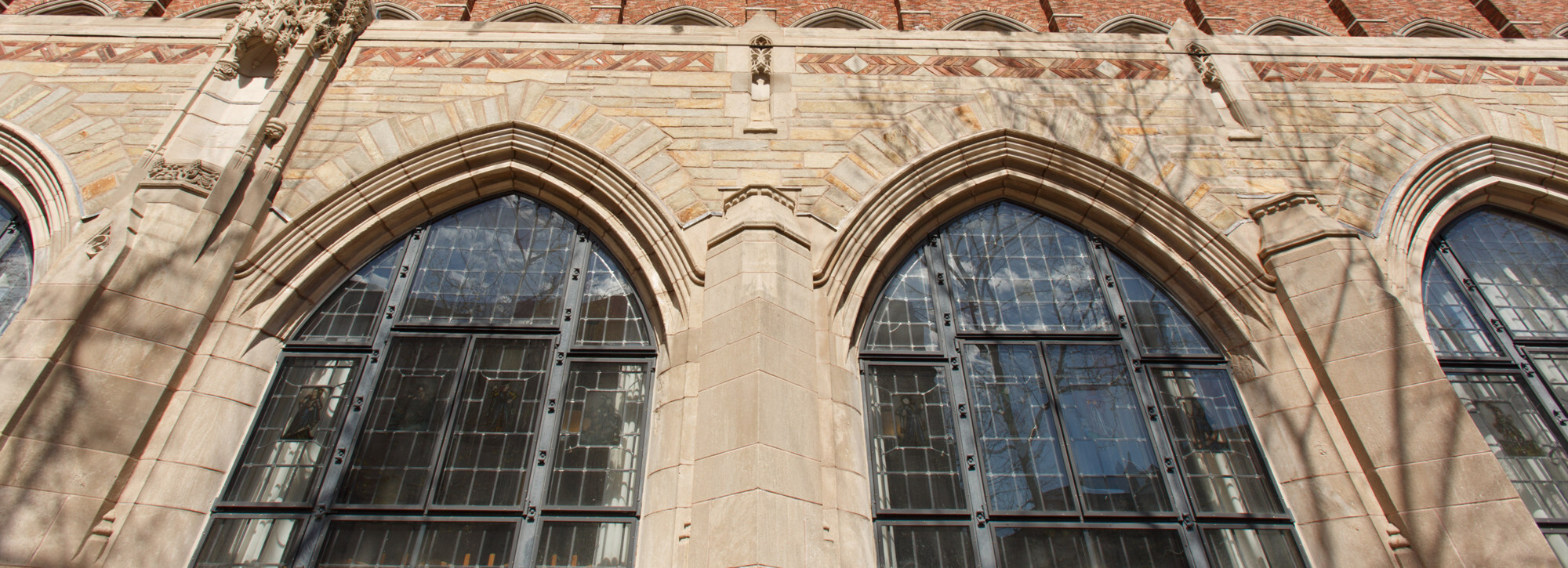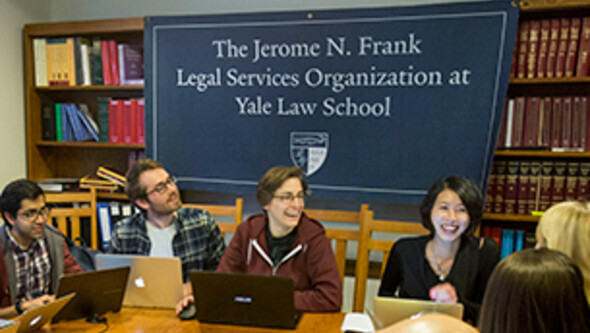Students in the Environmental Justice Law and Advocacy (EJLA) Clinic represent community-based organizations, Tribal Nations, and non-profit coalitions to advance environmental justice and intersectional concerns such as tribal sovereignty, environmental protection, public health, civil rights, and participatory environmental governance. The clinic prioritizes legal services for under-resourced, overburdened, and historically marginalized communities, providing high quality legal services in close partnership with clients on important and neglected environmental concerns.
Clinic projects tackle issues such as inequitable distribution of environmental benefits and burdens; exclusion of impacted communities from decision-making processes on environmental, land use, energy, water, and related matters; just transition to sustainable economies; and repair for communities that have been alienated from environmental resources and governance. Projects involve a range of advocacy modalities and tools appropriate to the needs and objectives of the representation, including litigation, administrative advocacy and adjudication, legislation, policy development and reform, and media engagement. Accompanying team-based fieldwork, weekly clinic seminars bring EJLA members together to explore the theory and practice of environmental justice lawyering. Seminars introduce key bodies of law and issue areas engaged in the clinic’s docket; develop core practice skills; explore the attorney-client relationship and the ethic of community-based and client-centered lawyering; and provide space for peer review and workshopping of student attorney work product.



